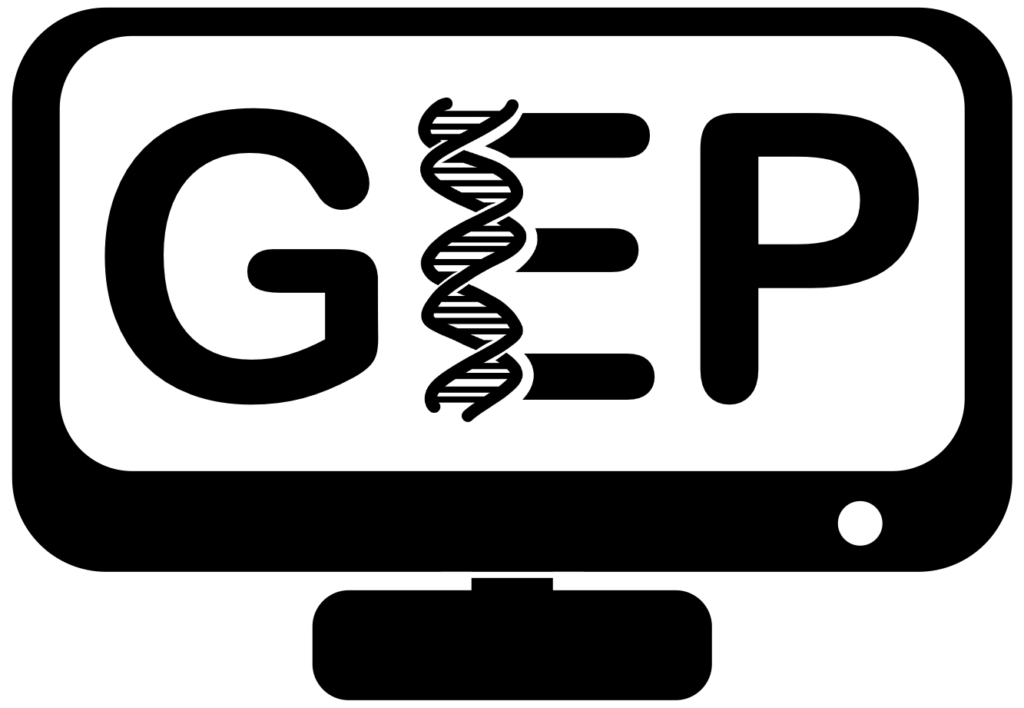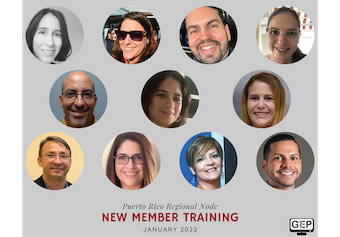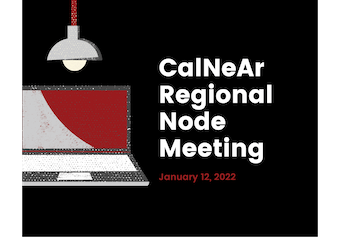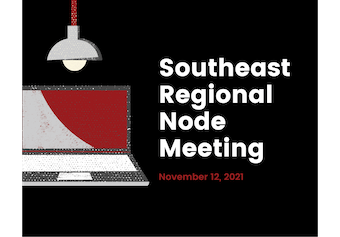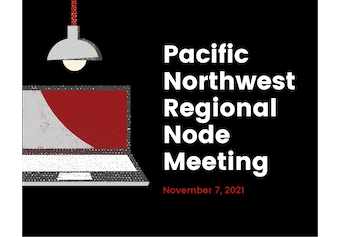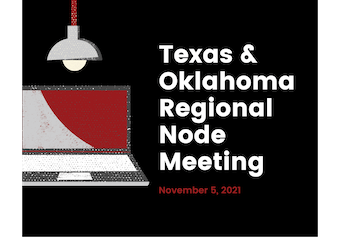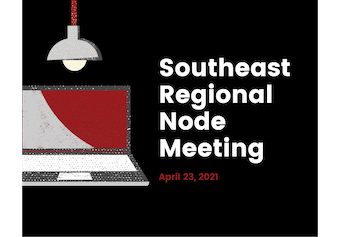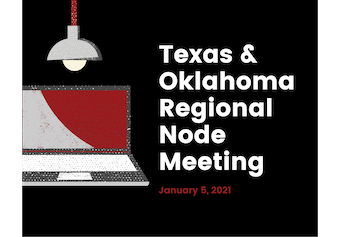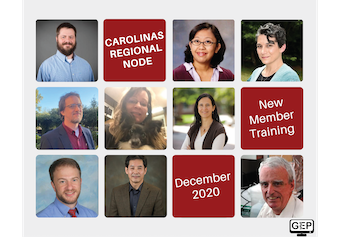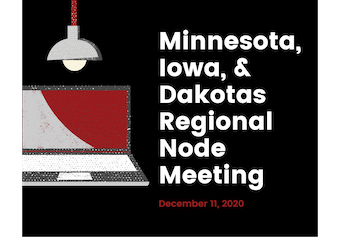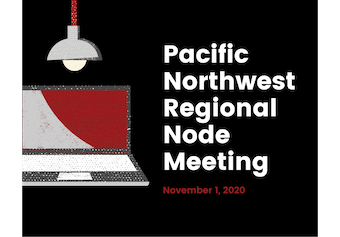Puerto Rico New Member Training January 2022
Please join us in welcoming the new members who recently completed the Puerto Rico Regional Node New Member Training (pictured left to right, top to bottom):
Special thanks to Drs. Juan Carlos Martinez Cruzado, Marisol Santisteban, Norma Velazquez-Ulloa, and Enrique Rodriguez Borrero for facilitating their online training!
- Dr. Abigail Ruiz-Rivera, University of Puerto Rico-Ponce
- Dr. Alondra Díaz Lameiro, University of Puerto Rico-Mayagüez
- Dr. Ángel O. Custodio, University of Puerto Rico-Aguadilla
- Dr. Belinda Román-Avilés, University of Puerto Rico-Cayey
- Dr. Chad A. Lozada-Troche, University of Puerto Rico-Cayey
- Dr. Darinel Ortiz, University of Puerto Rico-Bayamon
- Dr. Edu B. Suárez Martínez, University of Puerto Rico-Ponce
- Dr. Edwin E. Traverso Avilés, University of Puerto Rico-Humacao
- Dr. Elsie Rivera-Ocasio, University of Puerto Rico-Bayamon
- Dr. Liza V. Jiménez Rodríguez, University of Puerto Rico-Aguadilla
- Dr. Miguel P. Méndez-González, University of Puerto Rico-Aguadilla
Special thanks to Drs. Juan Carlos Martinez Cruzado, Marisol Santisteban, Norma Velazquez-Ulloa, and Enrique Rodriguez Borrero for facilitating their online training!
